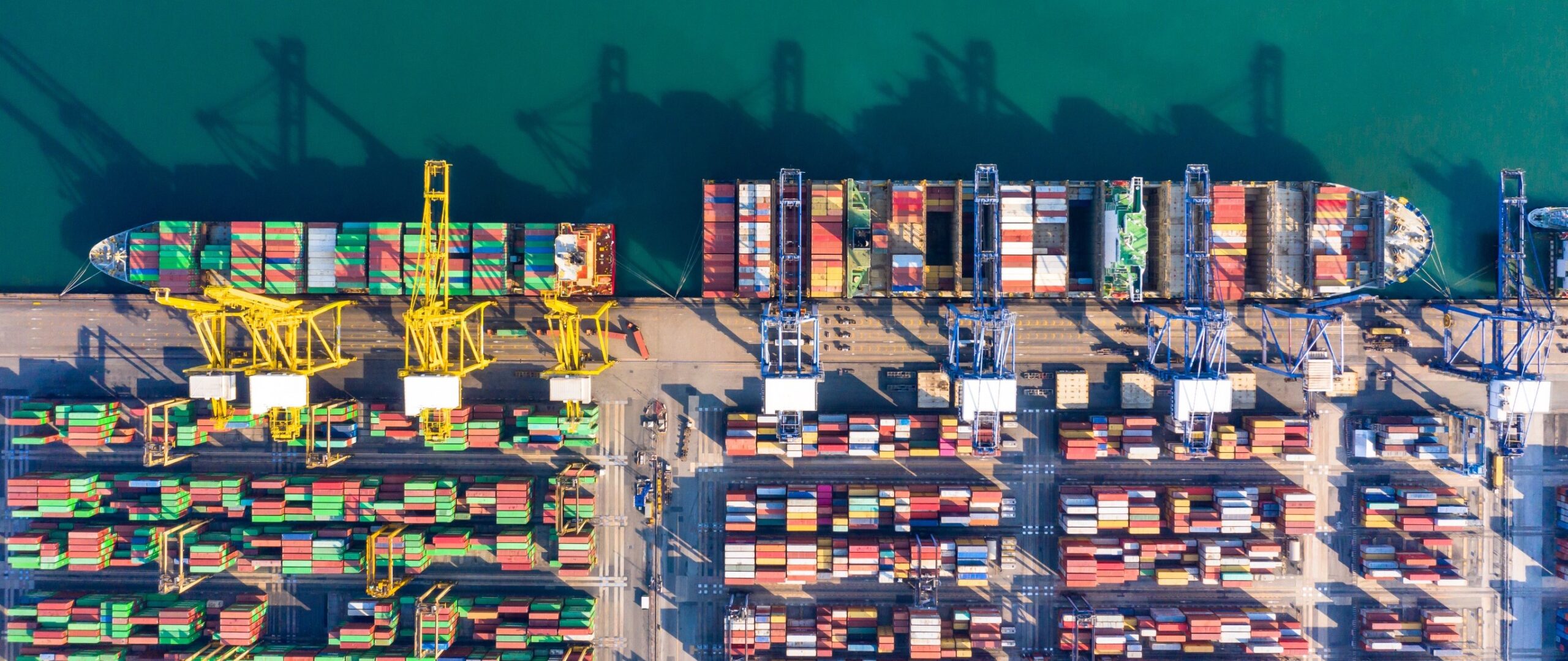Written – January 2024
The world is going through a very turbulent time. As I write this the Russian invasion of Ukraine is approaching its third year, and Iranian-backed Houthi rebels are attacking shipping off the coast of Yemen. This is particularly troubling as they claim they’re doing so in support of the Palestinian people, bringing much of the Arab world in behind them, and making it incredibly difficult for western navies, including the UK, France and the USA to defend shipping without making it appear as though they are siding with Israel.
This is all taking place at a time when 2023 was reported as the hottest year since records began, and the battle to prevent a climate catastrophe is getting much more difficult. The press pointed to a “win” at the COP28 climate summit pledging to reduce fossil fuel use, but it was actually a huge failure. This was both because it specified no targets for reduction, or elimination of their use, but also because the pledge only applied to power production and not other global polluters such as shipping, the aviation industry, and other transport means including trains and cars.
This mention of shipping brings me neatly into the area I wish to highlight today. Watching the news I’m wondering just how much of the cargo on container ships that are being attacked in the Red Sea and off the Gulf of Aden are carrying cheap plastic tat that nobody really needs or fast fashion that will either only be worn once, or won’t last long anyway because it’s not strong enough.
There are two problems the world urgently needs to address, both of which have been highlighted by the two conflicts I mentioned. The first was highlighted by the war in Ukraine, and this is the issue of countries no longer being self-sufficient. Of course I understand that no country can provide everything they need as they don’t all have the minerals and metals they need under the ground, and that they don’t have the climate to grow certain fruits and foods, among other challenges.

There is a lot that individual countries can do to be self-sufficient however. These things include bringing more manufacturing back to their own country, supporting farming properly and effectively, using power generation that doesn’t require huge volumes of oil and gas to be shipped or piped around the planet, and to be generally less dependant on states they cannot rely on on the medium to long-term.
The other problem is one of overconsumption. We are all buying tat we don’t need, and I’m not immune from that though I am making conscious efforts these days to not do so. If we get our consumption under control, and if countries become more self-sufficient we can solve many problems at the same time. The upshot can only be fewer container ships and aircraft, which all burn huge quantities of fossil fuels, travelling around the world.
It would also mean that when a disaster strikes, such as another armed conflict, countries won’t be so exposed to as they were when Russia invaded Ukraine, causing shortages of many products worldwide. The result would also make the products we buy and the food we consume cheaper, as it’s produced much closer to home and doesn’t have to travel so far, or be refrigerated or frozen for long periods of time, which again uses huge amounts of power. People would have more money in their pocket, helped even further by their reduction in consumption.
So will these things happen? Sadly I don’t believe they will, but they are happening on a small scale. I’m already buying most of the household products and food I use from local producers or from small businesses in the country I live. Many more people are now coming to the same realisation, so who knows. In the next few years there could even be a major shift, both by governments and individuals. The USA is already bringing more manufacturing home from China and the far east. So there’s hope, and where there’s hope, there’s a better chance of a brighter future.



